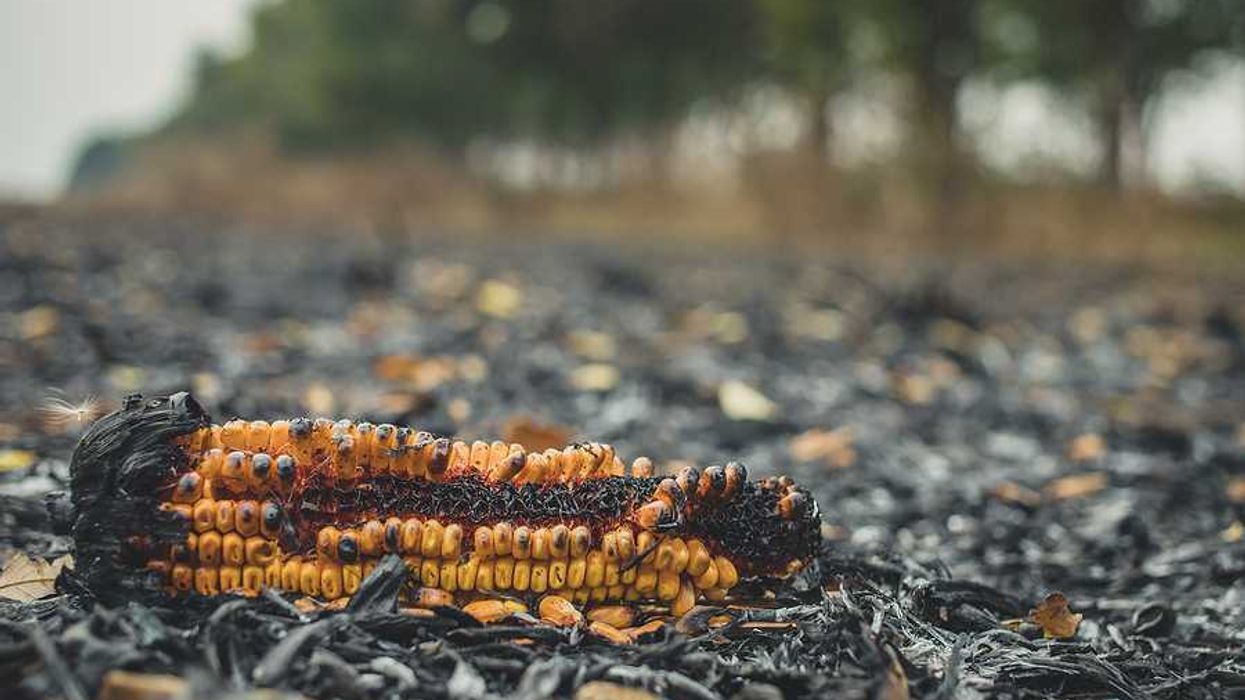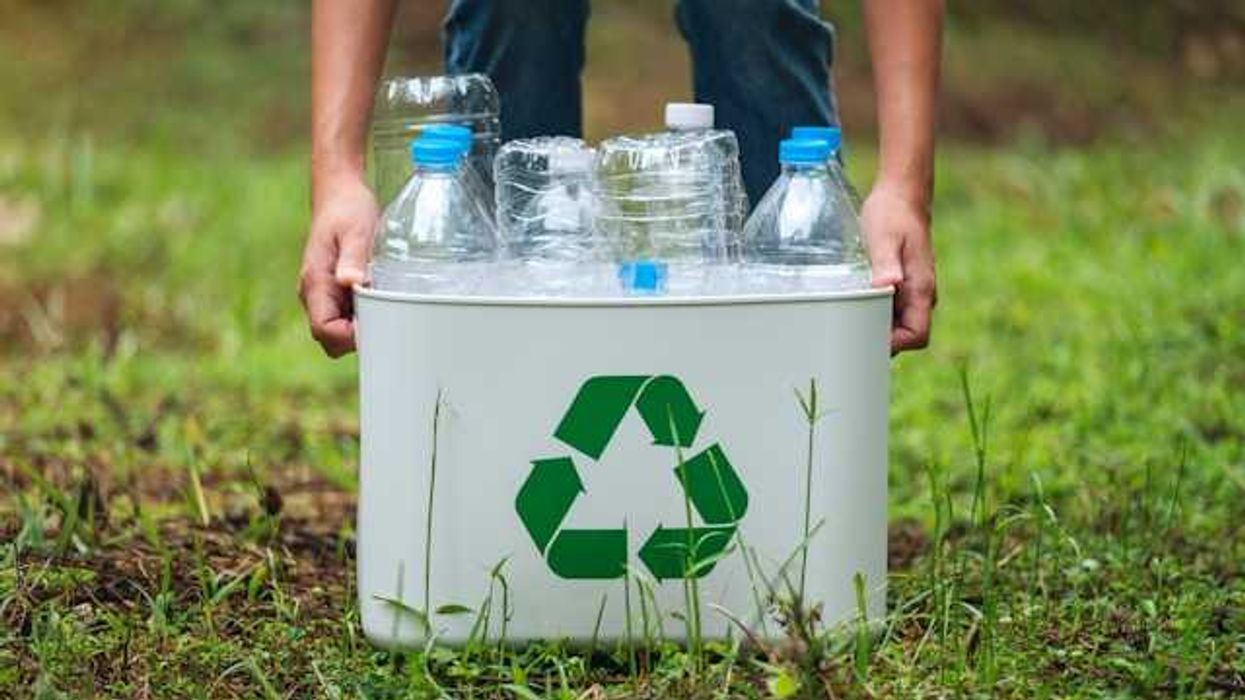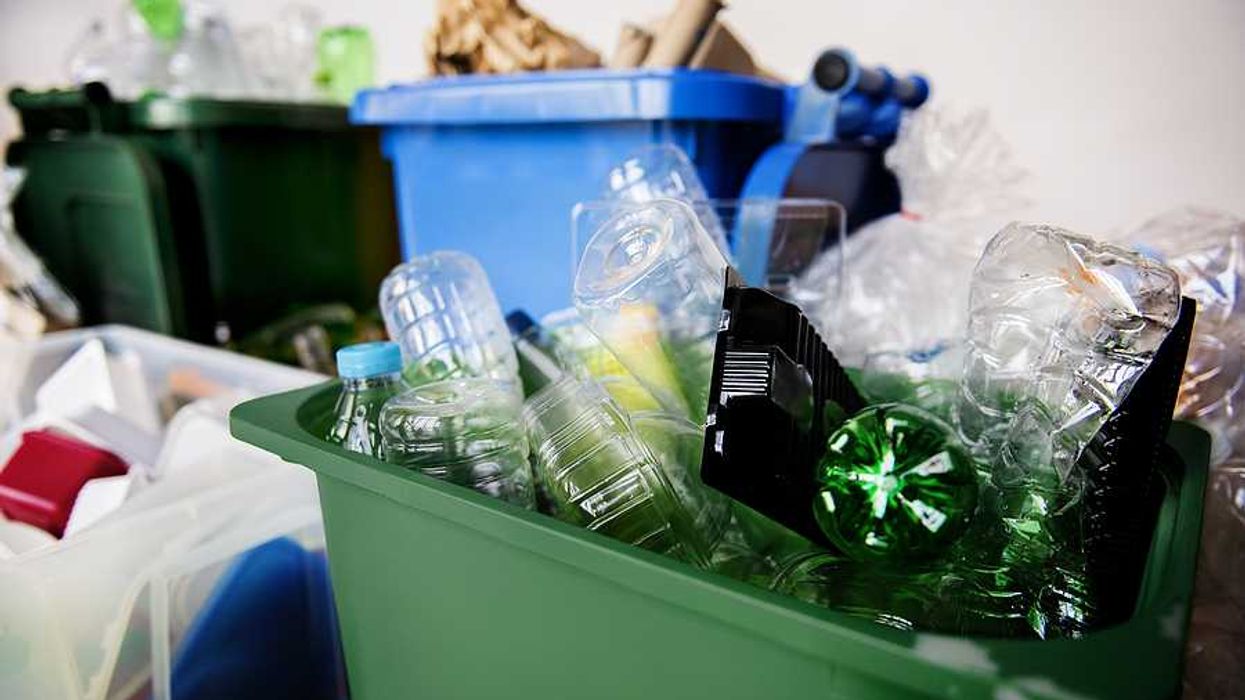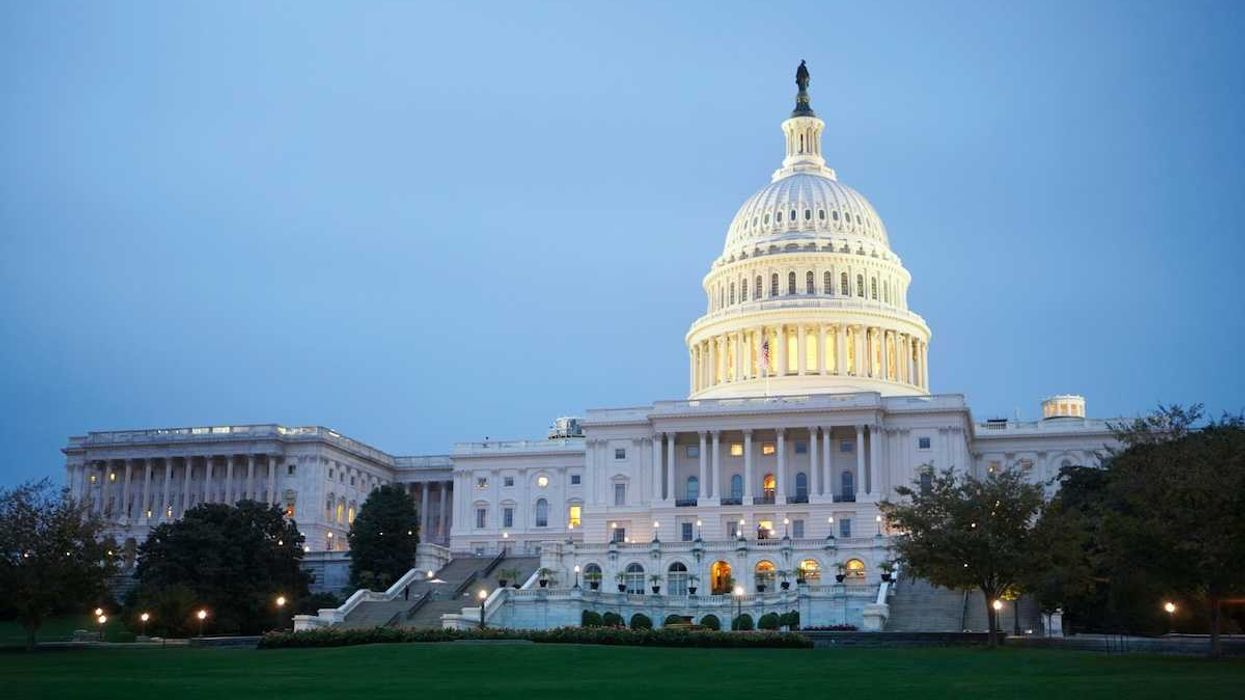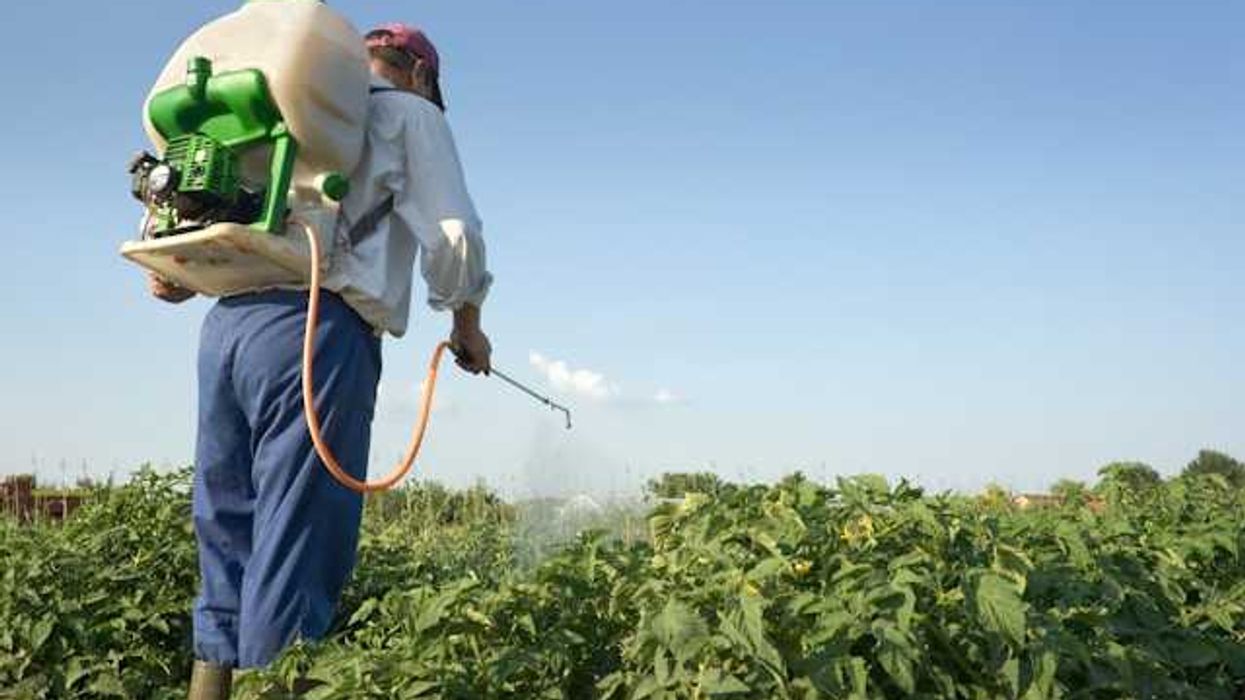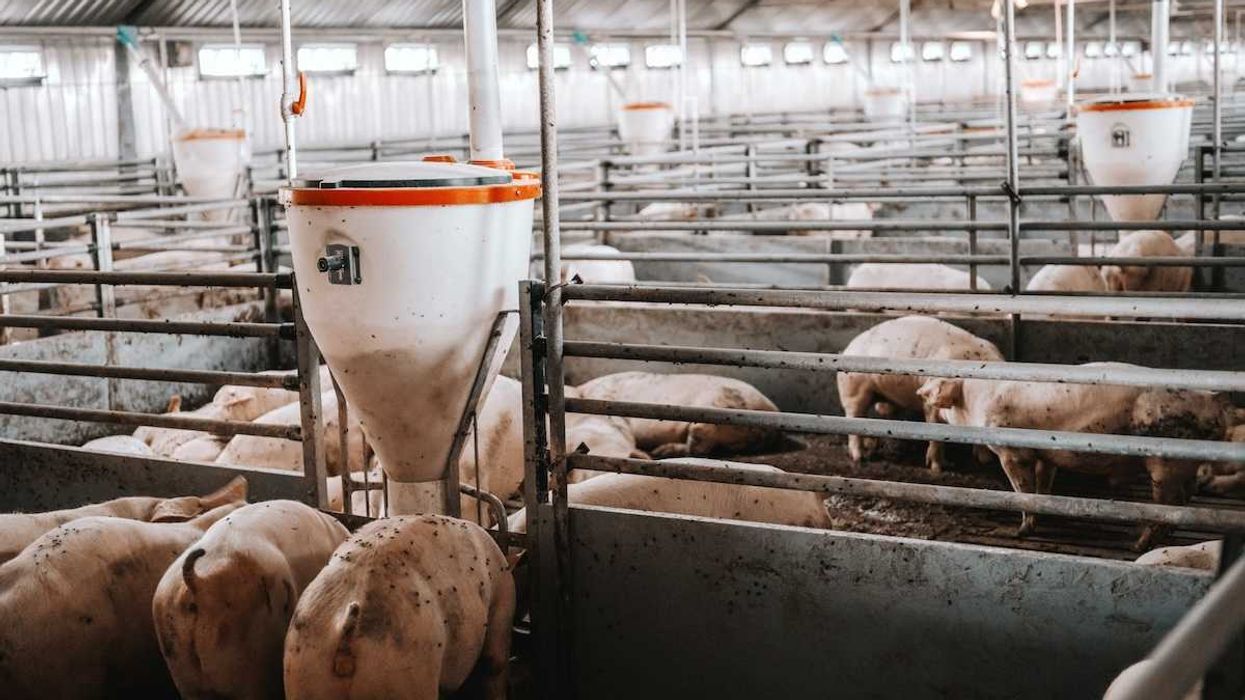Around 43% of Wisconsin’s private wells contain pesticides, with many chemicals lacking groundwater safety standards.
Danielle Kaeding reports for Wisconsin Public Radio.
In short:
- A state survey found pesticides in about 43% of 800,000 private wells, an increase from the 2016 estimate of 41.7%.
- Over half of the pesticides detected in the groundwater lack federal or state regulation, leaving health impacts uncertain for some chemicals.
- The growing presence of neonicotinoids raises concerns about risks to bees, birds and aquatic life, with ongoing debates on setting groundwater standards.
Key quote:
"DHS has conducted reviews of studies available for some of these pesticides, and unfortunately cannot assess a threshold or a health benchmark because of the lack of studies on some of these chemicals."
— Carla Romano, groundwater specialist with DATCP
Why this matters:
Unregulated pesticide residues in drinking water pose potential health risks to Wisconsin residents. Strengthening groundwater standards could help protect both public health and local ecosystems.


